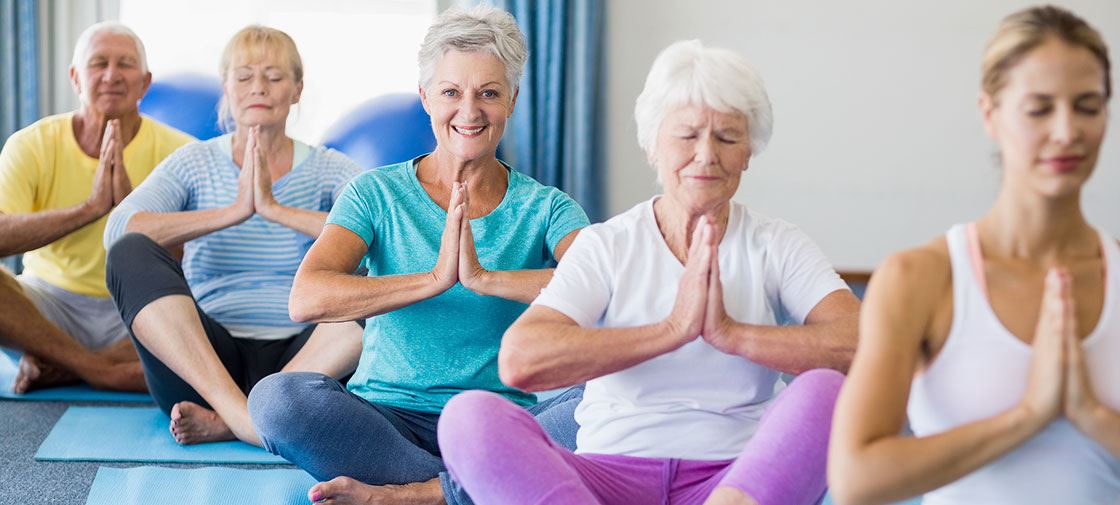Aging well and finding ways to get healthier is a lifelong pursuit. It’s not something that ends once we reach our senior years. In fact, the more we do to stay active, the better our later years can be.
"Healthy aging may mean different things at different ages. It's a whole lifelong issue. The lifestyle you establish in your teens and 20s impacts what you are doing in your 30s and 40s. I think that what it really means is still being able to play tennis when you are 70, hit golf balls when you are 75, and still enjoy life when you are 80 and may need senior home care," said Brian K. Kennedy, Ph.D., and chief executive officer of the Buck Institute for Research on Aging in Novato, California. "It's about trying to maintain a disease-free and healthy and functional lifestyle for as long as possible."
Ultimately, it's about choices that individuals make as they age and not so much what they do once they feel they are aged. Choices about how a person manages stress in their life are relevant throughout their lifespan, as Kennedy points out. Many people turn to activities like yoga, which is touted as being effective for maintaining longevity, balance, and flexibility.
Is Yoga Good for the Elderly?
Yes! Yoga is one practice that’s often recommended for people of retirement age. So, what are the benefits of yoga for seniors? According to Yoga Journal, yoga can help seniors by:
- Improving core strength and flexibility.
- Reducing back pain.
- Strengthening the muscles around joints, which reduces the risk of injury.
- Reducing muscle stiffness.
Attending classes in a yoga studio or gym also provides social interaction to stave off loneliness and isolation, which can be just as important for seniors as the physical benefits of yoga.
The Unexpected Benefits of Yoga for Seniors
A study in the journal Advanced Geriatric Medical Research outlined four major areas in which yoga is good for older people.
Practicing yoga has a positive impact on:
- Mental health, including reducing anxiety and cognitive decline.
- Physical mobility, by increasing flexibility, strength, and balance.
- The biomarkers of aging, by reducing oxidative stress and inflammation.
- Brain connectivity, which improves memory and decision-making abilities.
But before rolling out the mat for your first yoga session, it’s worth doing a bit of research.
"The key is to address the individual needs," says Larry Payne, Ph.D. and co-author of Yoga Rx and Yoga for Dummies. Schools of yoga that are one-size-fits-all can be harmful for someone who is aging. "Your best bet if you’re new to yoga is to look for a class specifically designed for seniors. These will be led by instructors who are well-versed in considerations or concerns elderly novices might have and can address them. Once you have a few of these sessions under your belt, you may feel comfortable taking a general class, or just continuing to enjoy your seniors yoga class.”
Yoga for Elderly Beginners: How to Get Started
The best way for anyone to get started with yoga is to take a class from a certified instructor. They can guide you through the poses and suggest modifications for poses that are too difficult. An instructor can also recommend flows for specific conditions or goals.
Once the poses become familiar and comfortable, it’s much easier to start a home-based practice, since you’ll know how to do the movements safely and effectively.
Contact Homewatch CareGivers for Transportation Services
Sometimes, the biggest hurdle is getting to a class. If you or your loved one is interested in trying an elderly yoga class, the professional, compassionate caregivers at Homewatch CareGivers can provide transportation to class and back home.
Contact your local Homewatch CareGivers at 888-404-5191 or complete our online form to schedule a free in-home consultation.





